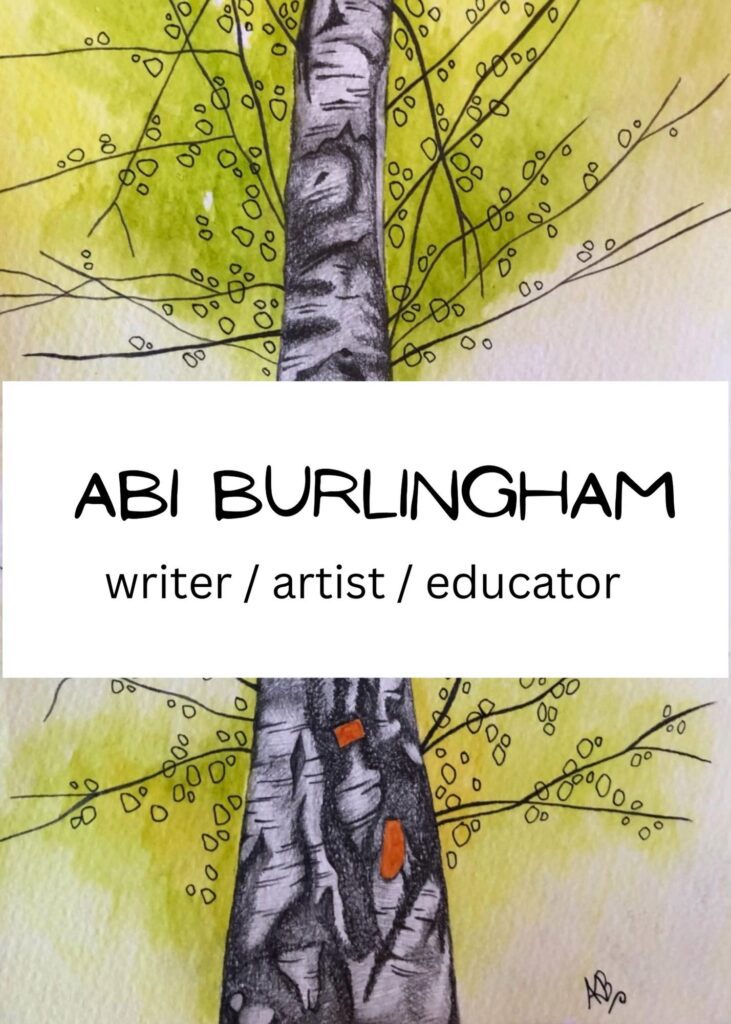Little did he know…

Last Saturday night, having completed chapter ‘4 from end’ of current adult novel WIP, I got stuck two paragraphs
into chapter ‘3 from end’. I sat up until gone midnight angsting. In two hours I added one sentence. I drank two whiskies… you do the maths! I was getting nowhere so I went to bed in the hope that I’d wake with the answer. Sunday morning, woke up, still no idea. My problem was this: should the two characters in this scene have a conversation, or not? And if they did, how much should it reveal?
I was pondering this in the kitchen, when suddenly it occurred to me, that it was all to do with ‘little did he know’. If you have seen the wonderfully amazing film ‘Stranger than Fiction’ where a man, Harold Crick (played by Will Ferrell), hears the voice of a narrator, Karen Eiffel, (played by Emma Thompson), narrating to him, and comes to realise he is one of her characters, you will know all about ‘little did he know’. Literary expert, Jules Hilbert, (played by Dustin Hoffman), raises this point in the film. I won’t say any more as it is an amazing film for writers and I would hate to spoil it for those of you who haven’t seen it. If you haven’t, I recommend you do so, immediately!
‘Little did he know’ is third person omniscient. The narrator knows something that the

character doesn’t. My current novel WIP is told in the 1st person and everything, therefore, is seen through the eyes of the protagonist. So… let’s backtrack to my ‘3 from end’ chapter. The protagonist has been given a clue to something. He suddenly realises what is about to happen. But, if he realises what is about to happen, the reader will also know what is about to happen. The thing is, the reader isn’t meant to know. The reader is meant to know in the final chapter. If I take away the clue he has just been given, the plot won’t move forward in the way it’s meant to. Therein lies the problem.
Then I realised, what I need is a ‘little did he know’ moment. So, how do I get from where I am to a ‘little did he know’? I can’t say ‘little did he know’ because this is 1st person, not 3rd (I do hope you’re still following), but can I trick the character, and therefore the reader, into thinking one thing and therefore keeping the element of surprise until the final chapter? I didn’t think I could. I chatted to myself for about twenty minutes in the kitchen… ‘if he does this then this can’t happen… what if he asks her this…. but if he asks her that then the reader will know….’ yes, well, you get the picture!
So, it all comes back to the point I was stuck at second paragraph in. Does he verbalise his thoughts, which will require a response from the other character, or does he keep them to himself? And I realised that if he verbalised them and she answered, the whole thing would fall apart. There would be no ‘little did he know’ because he would know! Thus, the conversation could not happen… phew! Also, he has to be mislead by his own thoughts in order to mislead the reader. Oh yes!!! And thus, I now have a completed ‘3 from end’ chapter which sets me up, exactly as I had wanted, for the penultimate chapter… little did I know!
If this post has plaited your brain a tad, I apologise profusely. If it hasn’t and it has got you to think a little about ‘little did he know’, then hoorah hoorah hoorah!
Has thinking about a film or the structure of another book helped you come unstuck in your writing?

Leave a Reply